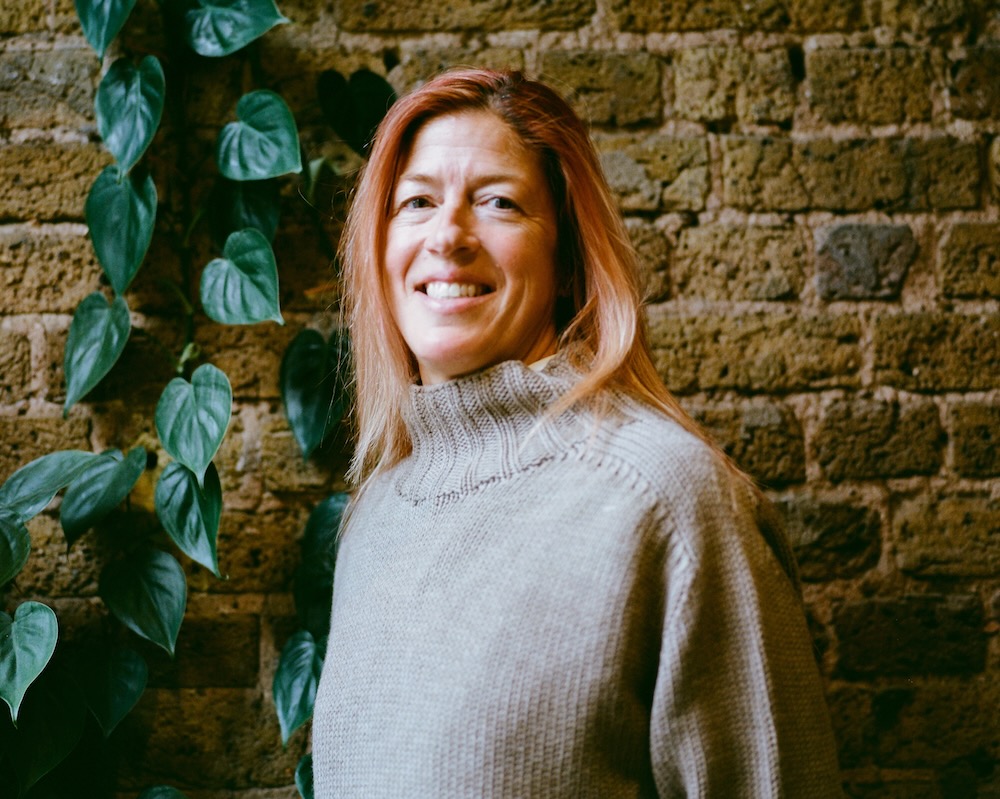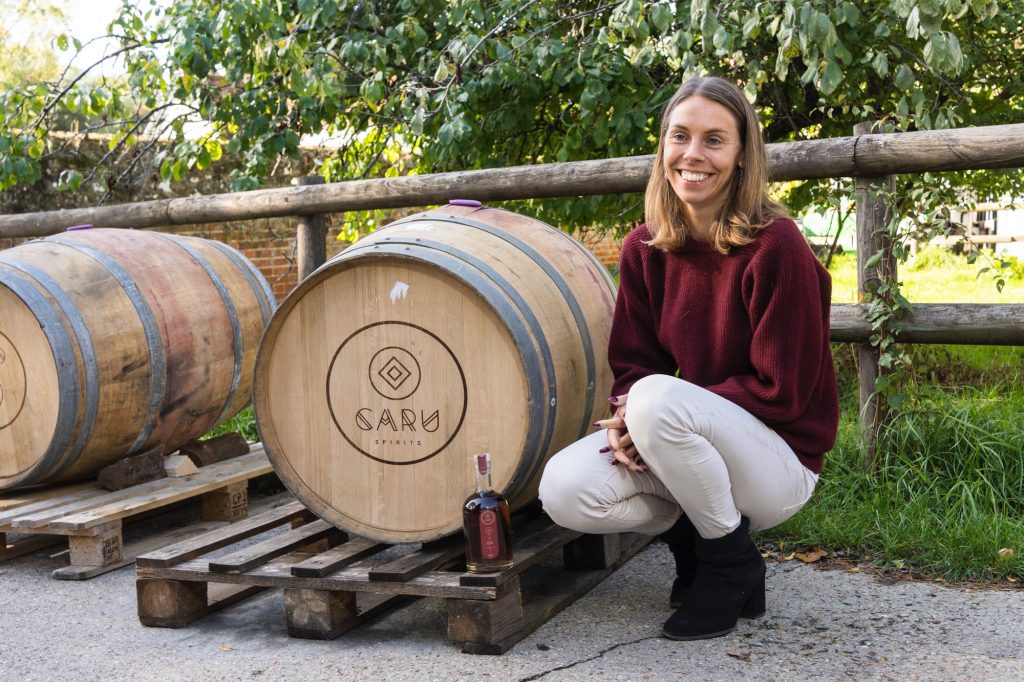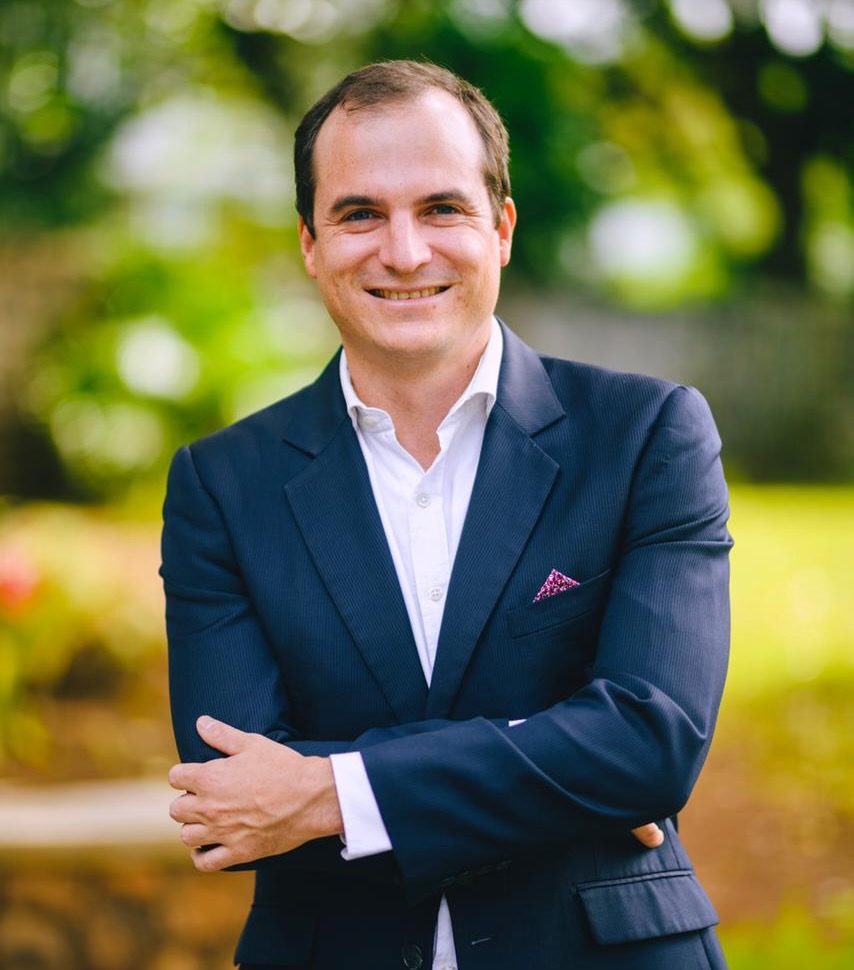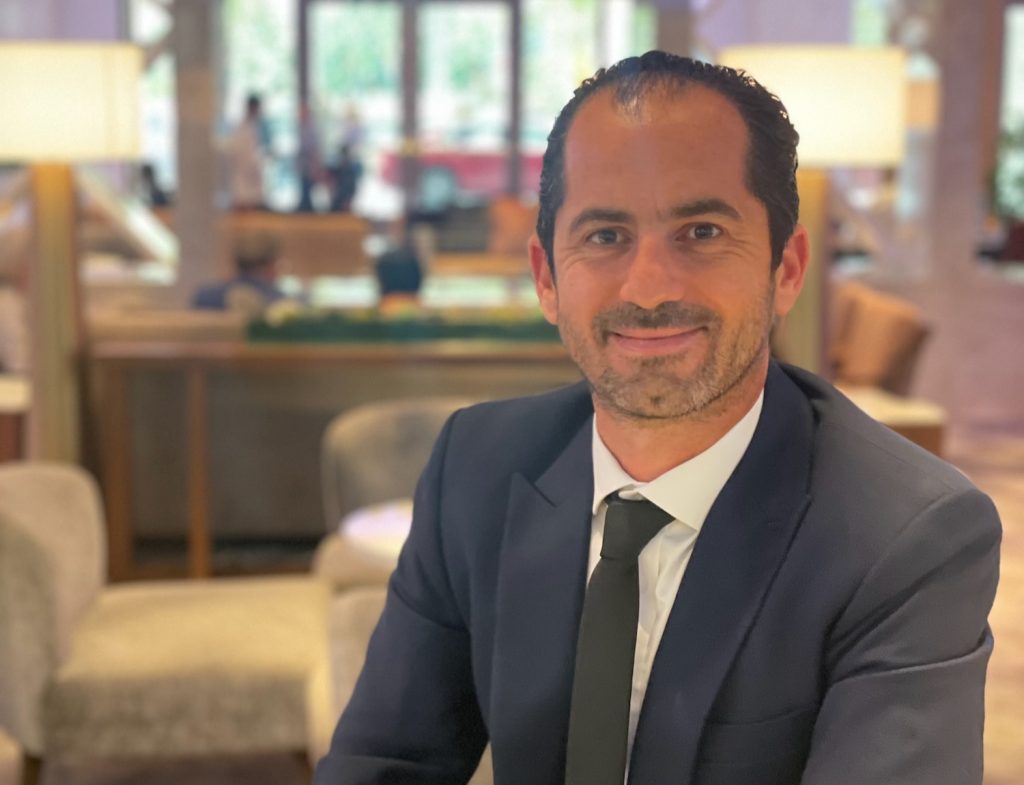Amy is the CEO of Positive Luxury, the leading sustainability experts for the global luxury industry. Amy brings 25 years of global experience across business turnaround and transformation, brand and commercial strategy, digital commerce and communications and sustainability best practices gained across media, retail, and luxury goods. Most recently she led the successful turnaround of Molton Brown as CEO & President and joined PE-backed Clive Christian Group to modernise the brand and operations and deliver rapid growth. Amy has overall responsibility for the strategic direction of Positive Luxury. By championing a new definition of luxury that aligns the core principle of luxury and sustainability, she aims to accelerate the actions of the luxury industry and the collective positive impact it can make on nature and people.
Read our interview with Amy and discover how being positive by name and nature can have a big impact.
Please tell us more about how the idea for Positive Luxury came about.
We were born to action real change, for a world that desperately needs it, and inspired by the large blue Butterfly which now thrives following near-extinction. This story of success took expert understanding of unique driving factors, and some difficult work – made easier through collaboration. Just as each ecosystem is entirely different, our Butterfly Methodology is a collection of tools and services that can be configured to each luxury company’s bespoke challenges and needs. That’s our approach. And why we are positive by name, and nature. Today we power a collective of over 170 luxury business across the globe: we call these the Real Changemakers, continually raising the bar.
Your journey to success has involved bringing together an array of unique elements many of which require expert understanding – please enlighten us on the journey so far.
Positive Luxury was founded at a time when few luxury brands had any interest in what we now call sustainability, but the consumer, investor and legislative landscape has shifted significantly and continues to do so and out of the resulting demand for support we have become the leading sustainability expert for the global luxury industry. Part of that success comes from our passionate and committed co-founders, another part from the fact that as a commercial business ourselves (versus a charity or NGO) we must help our clients become more successful through their sustainability efforts in order for Positive Luxury to be successful. Above all, though, it’s down to the talented and relatively young team of experts we have built, the high standards to which we hold ourselves accountable and the values that guide our work. We have experts across six luxury industries, experts in material topics such as biodiversity and human rights, and experts in communication and claims. That’s not necessarily unique, but combined with our culture of agility, positivity, collaboration, and innovation it means we’re always learning, always improving, always pushing boundaries. That’s what our clients need and expect, and what keeps us ahead of the pack.
Describe your typical, day if such a thing exists!
I’m an early riser with excess energy, so I like to exercise before heading to the office (on my Vespa, to clear my mind). The first jobs when I get to the office are making a pot of coffee, making sure we have ample stocks of fruit for the team and getting some music going to welcome everyone in. While I’m loading up on caffeine, I’m looking at my schedule for the day and the week ahead, adjusting my priorities to ensure I don’t miss a deadline. Positive Luxury is a small business, so my work is diverse, and I wear many hats: CEO, HR, Finance, Tech. You name it, I’ll give it a shot if it’s what our clients and my team need most from me that day and week. And I try to make certain that while we deliver with excellence, we all have fun together doing that. And then it’s back home, maybe a drink in my local, cooking dinner with my better half, and finding a bit of escapism in books before bedtime.
The Butterfly Methodology (namesake inspired by the large blue Butterfly which now thrives following near extinction) is the collection of tools Positive Luxury uses to work with its clients to achieve the Butterfly Mark certification please tell us more about the methodology.
We created our 4-part Butterfly Methodology suite of tools and services because every luxury company’s ecosystem is unique. Made up of our world-leading assessment, diagnostics and data storage, transitional support, certification, and communication tools – each element can be uniquely configured for our client’s needs. A brand may just want to test the waters and come in for a ‘health check’ to understand their current state, while another brand may just want a warehouse for its ESG data and a management system, or a brand may opt for our flagship programme and partner with one of our consultants to earn the trust mark and then continue to future-proof the business. It’s all about choice.
Sustainability covers a multitude of facets, if it’s possible to narrow it down, what do you think are the key challenges facing luxury businesses with regards to this global concern?
We like to look at opportunities rather than challenges. This year biodiversity will remain a hot topic for businesses (hopefully indefinitely) as the impacts of climate change on both nature and communities is increasingly visible and understood. Related to this will be water management. Fresh water and marine ecosystems are very vulnerable and need support. I would challenge the luxury industry and fashion more broadly to think nature positive ahead of natural. For the fashion industry, Human Rights and Forced labour will remain high priority in both their own business and their supply chains.
The other big issue increasingly impacting the minds and wallets of businesses is legislation. In 2024 the first wave of EU businesses will report against the Corporate Sustainability Reporting Directive (CSRD). Amongst a huge wave of new regulations at the proposal stage in 2023, we expect the US Securities and Exchange Commission to finalise its Corporate Climate Disclosures regulation by the end of this year. This and the TNFD mandate will both hit large public companies in 2024.
And due to the shameful proliferation of greenwashing in recent years, the era of voluntary disclosure and innocuous commitments is at last coming to an end. Brands’ green claims and the standards of businesses like Positive Luxury will be subject to careful scrutiny and financial penalties in the UK, EU and US.
Do you have any insight /predictions as to how these challenges could change in the next few years?
Legislation will drive compliance, creating a baseline of ‘acceptable’ performance across industries. Innovative businesses will think beyond compliance and establish a leadership position in areas of ESG and sustainability that are highly material to their sector, strengthen their brand positioning and enable them to leverage sustainability as a value generator.
We also believe demands for transparency will increase as younger luxury consumers progress through their careers and increase in spending power. The reporting requirements driven by legislation are dense and technical, but all the data will be there. For the consumer-facing sectors we support, translating ‘disclosures’ into effective communications to current and prospective consumers and employees will be critical to success.
And how does Positive Luxury prepare and adapt for such dynamic industry influences?
We read, we study, we listen to our clients. We debate, we test, we learn. It’s exciting more than it is challenging. The pace of change in our field has accelerated post-pandemic, and we expect that to continue. This is what our founders dreamt of in Positive Luxury’s early years. The appetite for real change is growing, and we feel very lucky to be at the heart of that within the luxury industry.
What is your one key piece of advice for a business who is just starting out on their own journey towards positivity for the greater good?
Get your team involved, so they can share the workload, develop new skills and be part of the change. And find a partner who can help you understand what’s material to your business so you can focus your limited human and financial resources on the biggest opportunities for your brand.
You work with a collective of over 170 luxury businesses across the globe, which you call the Real Changemakers, what defines a ‘Real Changemaker?’
Our Real Changemakers are brands, retailers and suppliers meeting higher and higher standards for people and nature, transforming luxury, for the good of all. They’re the ones taking serious, sustained, positive action, valuing real progress over perfection and difficult work over easy wins. The Butterfly Mark is a living label which must be regularly re-earned. Real progress. Real change.
And do you think this definition of a Changemaker has evolved since Positive Luxury was first founded?
Absolutely. You need more than ambition to be a Changemaker. The era of voluntary disclosure and innocuous commitments is coming to an end. Demonstrable action and impact, clear targets and evidence of progress toward them – all publicly available – that’s the expectations from today’s stakeholders.
Luxury is a highly subjective term, what does it mean to you personally?
Personally, my ultimate luxury is time. Time to think, time to explore, time to laugh, time to do things well. Professionally, I think luxury is all about creativity, craftsmanship, quality and individuality – products and services designed and delivered with those principles and with genuine care for nature and people. That’s positive luxury.
What is your life motto?
Live big.
Find out more: www.positiveluxury.com
The Luxury Editor is proud to be a member of the judging panel for the Positive Luxury Awards 2024.
Discover more about these inspiring and innovative awards.




